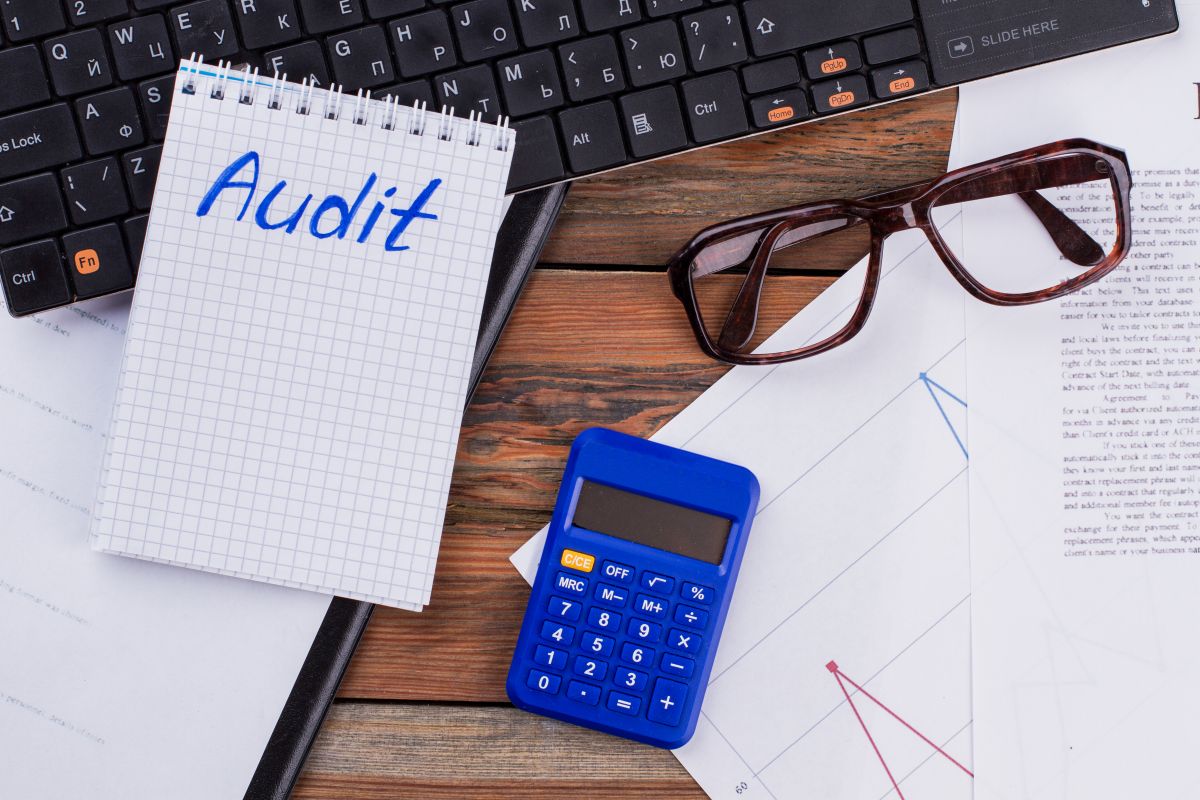Table of Contents
- Introduction: Why CRA Audits Matter for Small Businesses
- What is a CRA Tax Audit?
- How CRA Decides Who to Audit
- Common Red Flags That Trigger Audits
- Types of CRA Audits Small Businesses Face
- The CRA Audit Process Step-by-Step
- Top Tips to Avoid a CRA Audit
- How to Keep Impeccable Records
- The Role of Professional Tax Filing in Audit Prevention
- CRA Car Audits: What Small Business Owners Must Know
- What to Do If You’re Selected for an Audit
- How BBA Tax Helps Ottawa Small Businesses Survive Audits
1. Introduction: Why CRA Audits Matter for Small Businesses
For small business owners in Canada, a CRA tax audit can be stressful, time-consuming, and potentially costly. Even when your records are accurate, the process can disrupt your operations and take focus away from running your business.
The good news? With the right strategies, you can significantly reduce your risk of being audited and ensure that, if it happens, you’re fully prepared.
2. What is a CRA Tax Audit?
A CRA tax audit is a review of your financial records to verify that the income, deductions, and credits you’ve reported on your tax return are accurate.
Audits are not always an accusation of wrongdoing—they can be random. However, certain patterns in your tax filings can increase the chances of being selected.
3. How CRA Decides Who to Audit

CRA uses a mix of:
- Risk assessment algorithms comparing your return to industry norms.
- Red flag triggers (see Section 4).
- Random selection to ensure fairness.
- Leads or complaints from other government agencies or the public.
They may also target industries known for high cash transactions, such as restaurants, contractors, and home service businesses.
4. Common Red Flags That Trigger Audits
- Unusually high expense claims relative to income.
- Frequent home office deductions without consistent income reporting.
- Claiming 100% of vehicle expenses without proof.
- Large swings in reported income year-to-year.
- Repeated late tax filings.
- Cash-heavy business models without adequate documentation.
5. Types of CRA Audits Small Businesses Face
- Desk Audit – Conducted via mail or email; CRA requests specific documents.
- Field Audit – CRA visits your home, office, or accountant’s office.
- In-Depth Audit – Extensive review of all records, often over several years.
6. The CRA Audit Process Step-by-Step
- Audit Notification – CRA sends a letter outlining scope and requested documents.
- Document Submission – You have a set timeframe to respond.
- Review & Interviews – CRA may ask for clarification or additional records.
- Audit Findings – CRA issues their conclusion (no change, reassessment, or penalties).
- Appeal Rights – If you disagree, you can challenge their decision.
7. Top Tips to Avoid a CRA Audit
- Report all income accurately (including cash sales).
- Avoid excessive deductions without proof.
- Keep business and personal accounts separate.
- Be consistent with income and expense reporting.
- File on time—late returns attract attention.
- Work with a professional accountant to ensure compliance.
8. How to Keep Impeccable Records

- Maintain receipts for at least six years.
- Keep digital backups of all financial documents.
- Track income and expenses monthly, not annually.
- Keep detailed mileage logs for vehicle expenses.
- Document the business purpose of each expense.
9. The Role of Professional Tax Filing in Audit Prevention
An experienced Ottawa tax accountant can:
- Ensure your claims match CRA guidelines.
- Identify risky deductions before filing.
- Represent you if an audit is initiated.
- Provide proactive audit defense strategies.
10. CRA Car Audits: What Small Business Owners Must Know
“Car audits” are a special focus of CRA, especially for small business owners who claim vehicle expenses.
To protect yourself:
- Keep a daily mileage log showing date, purpose, start/end location, and kilometers driven.
- Save all vehicle-related receipts.
- Only claim the percentage of use that is strictly for business purposes.
Failing to keep a mileage log is one of the fastest ways to lose a vehicle deduction in an audit.
11. What to Do If You’re Selected for an Audit

- Don’t panic—selection doesn’t mean guilt.
- Contact your accountant immediately.
- Respond to CRA within deadlines.
- Be truthful, but avoid volunteering extra information beyond what’s requested.
- Keep a copy of everything you send.
12. How BBA Tax Helps Ottawa Small Businesses Survive Audits
At BBA Tax, we specialize in:
- Audit preparation – organizing your records and handling communications with CRA.
- Car audit defense – protecting vehicle-related deductions.
- Proactive compliance – minimizing your audit risk year after year.
- Full-service accounting – from bookkeeping to corporate taxes.
Our team has successfully defended numerous Ottawa small businesses in CRA audits, ensuring they keep more of their hard-earned money.



